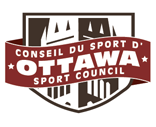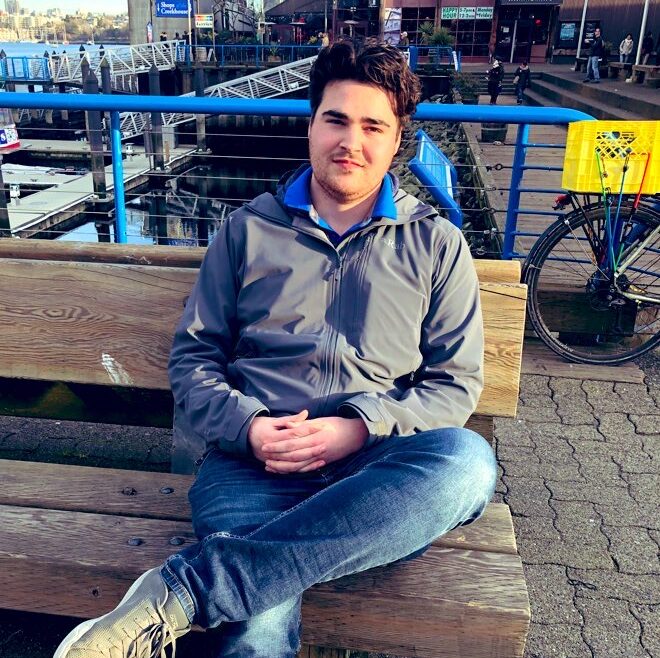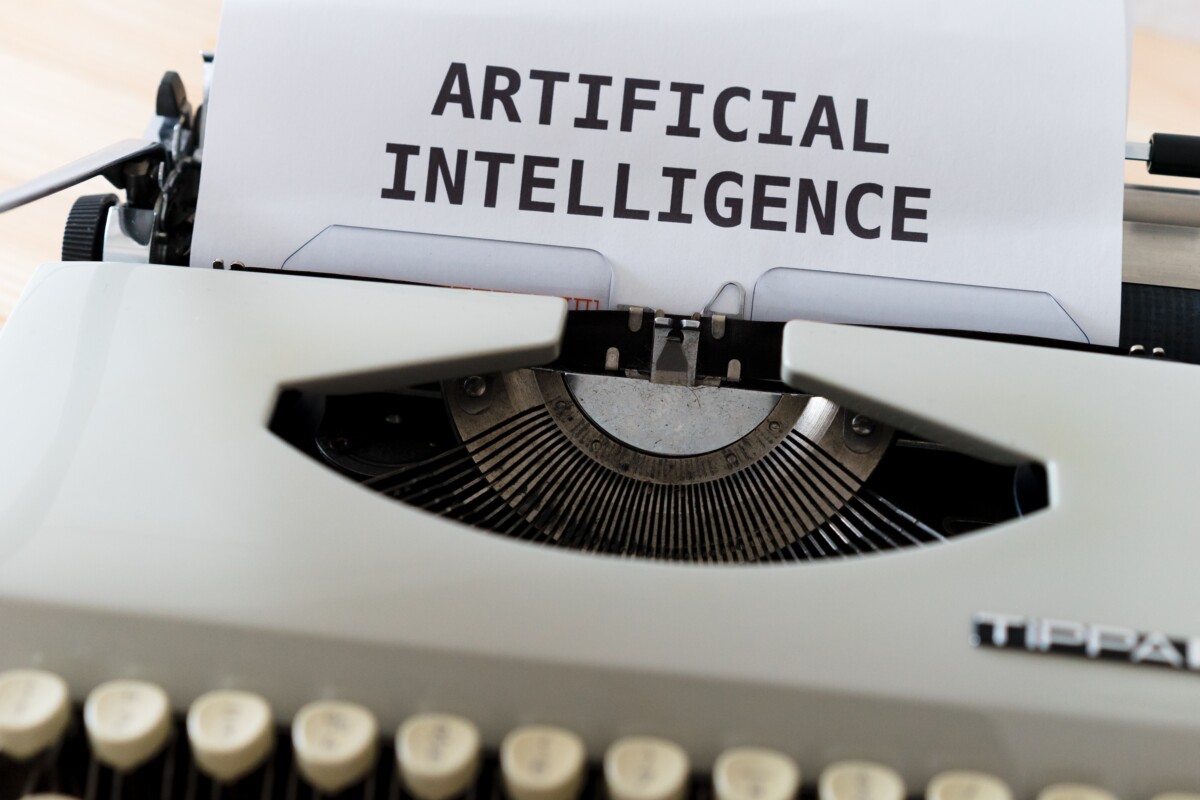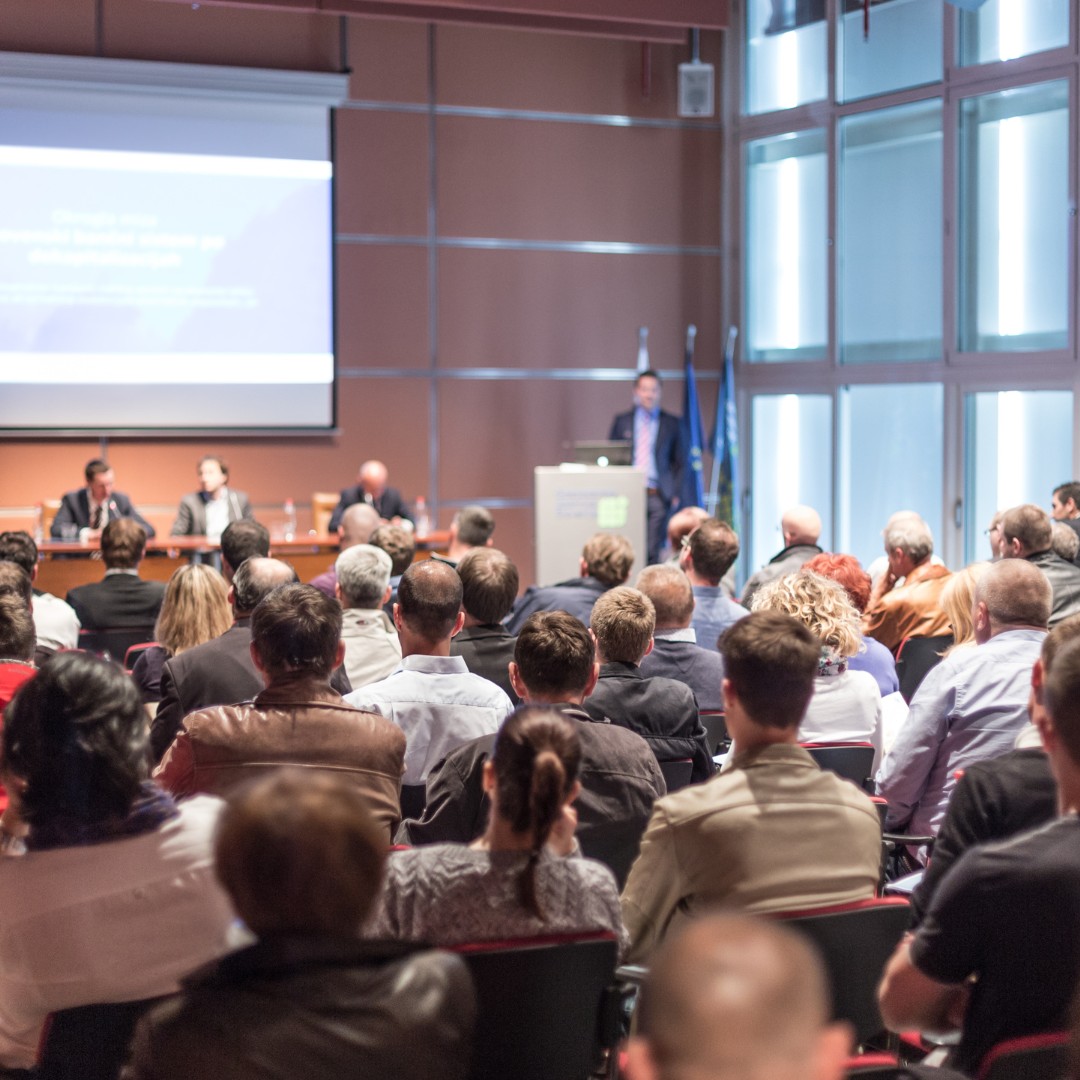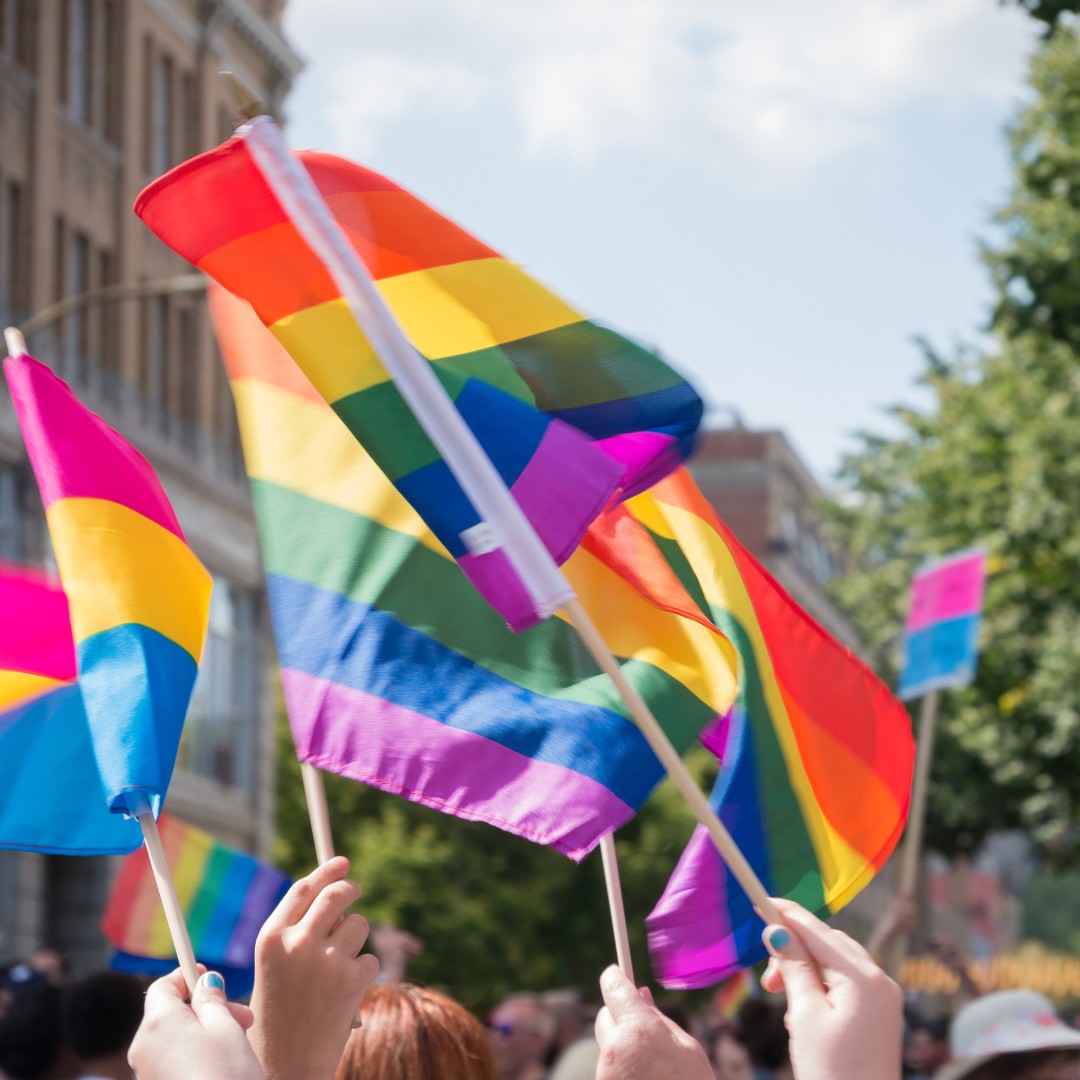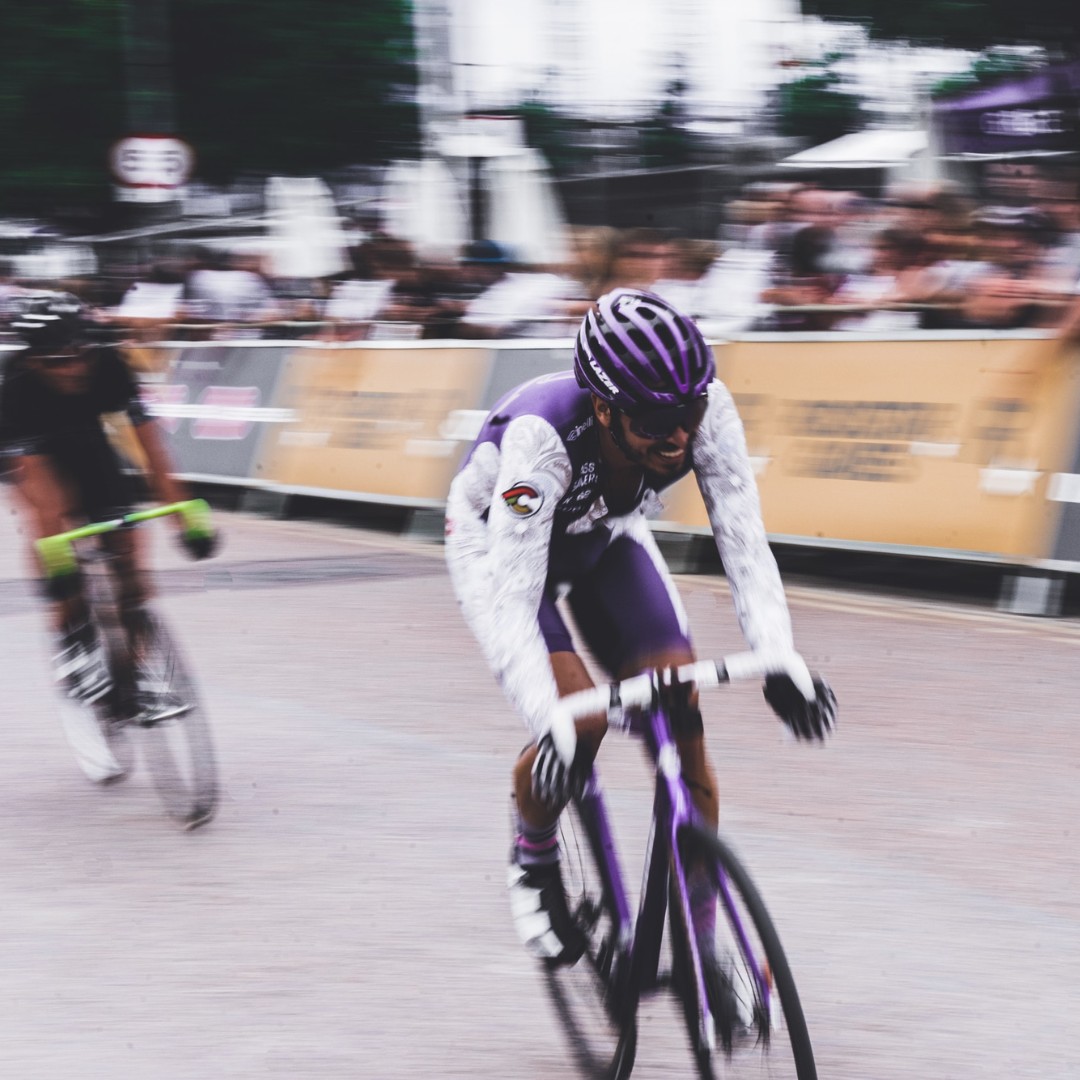2023 marked the 10th anniversary of the Ottawa Sport Council and offered the opportunity to reflect on the OSC’s work over the last decade, and look forward to the future. Earlier this year, we welcomed two new board members and elected a new board president. Jennifer Dumoulin joined as a director, and Muhamad Adatia joined as our treasurer. Mathieu Fleury, co-founder of the Ottawa Sport Council and former Ottawa City Councillor and Sport Commissioner, was elected President. David Gourlay and Chadi Azzi stepped down from the Board after several years of service. The OSC is thankful for David for his leadership as Board President over the last two years, and Chadi who provided legal expertise to the Board over his tenure.
The 2023 Ottawa Sport Council Community Opportunity Grant
On July 13th , we announced the two recipients of the 2023 Ottawa Sport Council Community Opportunity Grant. Gay Ottawa Volleyball (GOV) and Nepean Nighthawks Field Hockey were each awarded $2,000 by Their Opportunity to support children and youth who face socio-economic barriers to participation in sport and underrepresented and marginalized populations.
Gay Ottawa Volleyball’s 2SLGBTQ+ Youth Volleyball program will create programming where 2SLGBTQ+ youth can make friends and feel safe among their peers while learning and playing volleyball. GOV will work with its 2SLGBTQ+ youth-serving partners, including Ten Oaks Project and Ottawa Youth Services Bureau, to recruit participants that may not have access to safe spaces in sport.
Nepean Nighthawks Field Hockey’s Stick Together program provides barrier-free access to field hockey for Indigenous youth, aged 8-14, in the Ottawa region. The program includes various activities designed to introduce participants to the sport, foster their skill development, and promote a sense of belonging. Nepean Nighthawks will provide free registration, equipment, and transportation for participants in the program.
Welcoming new Community Sport Heroes
In 2023, we acknowledged six new Community Sport Heroes.
February’s Community Sport Hero was Ottawa Pride Hockey (OPH). OPH is a 2SLGBTQ+ inclusive group that offers pick-up hockey scrimmages and league-play hockey teams. Ottawa Pride Hockey demonstrates the need for community sport to offer safe spaces for equity-deserving groups.
Elaine Brimicombe was named April’s Community Sport Hero. She has been a member of the Board of Directors for the Ottawa Valley Curling Association as well as the Ontario Curling Association (CurlON) since 2015, and has been instrumental in events like the 2016 Tim Hortons Brier in Ottawa as well as developing community programs like wheelchair curling at the RA Centre.
LeeAnn Napiorkowski was our June Community Sport Hero for her outstanding contributions to the Ottawa sport community through her work with the Canadian Jax Unified Rugby Football Club.
The Surad Youth Soccer Club (SYSC) was named as our August Community Sport Hero. They have been a part of the community since 2012, when a small group of parent volunteers came together to create a new youth soccer opportunity for the Ottawa Somali community.
Manock Lual, the founder of Prezidential Basketball, was nominated as our October Community Sport Hero. Prezdential Basketball’s focus on racialized youth from low-income neighborhoods is critical as the intersection of multiple marginalized identities can result in an amplification of barriers faced by any one identity on its own (as stated in the True Sport Report 2022).
Julien Leblanc was chosen as our December Community Sport Hero. Julien is the Founder and President of Blueprint North America. He has been a tireless supporter of community sport in Ottawa, and has been incredibly generous with his time, expertise and experience with the OSC over the last ten years.
Ottawa Sport Summit
In November, we celebrated our 10th anniversary with the annual Ottawa Sport Summit. This year’s summit was focused on the Past, Present, and Future. We held workshops that focused on challenges with volunteering and funding. We participated in an activity with Derek Johnston, where our members submitted their “Big Honkin’ Ideas” to move community sport into the future. Finally, Julien Leblanc gave a fascinating presentation on the use of Artificial Intelligence (AI) in sport. Thanks to the generous support of our members, we raised $1100 for the OSC Foundation.
As we look back on 2023, as well as the past 10 years, we are incredibly proud of the work put forward by all of our members to create a better community sport landscape in Ottawa. We look forward to continuing this work in 2024, and beyond. Here’s to the next ten years!
